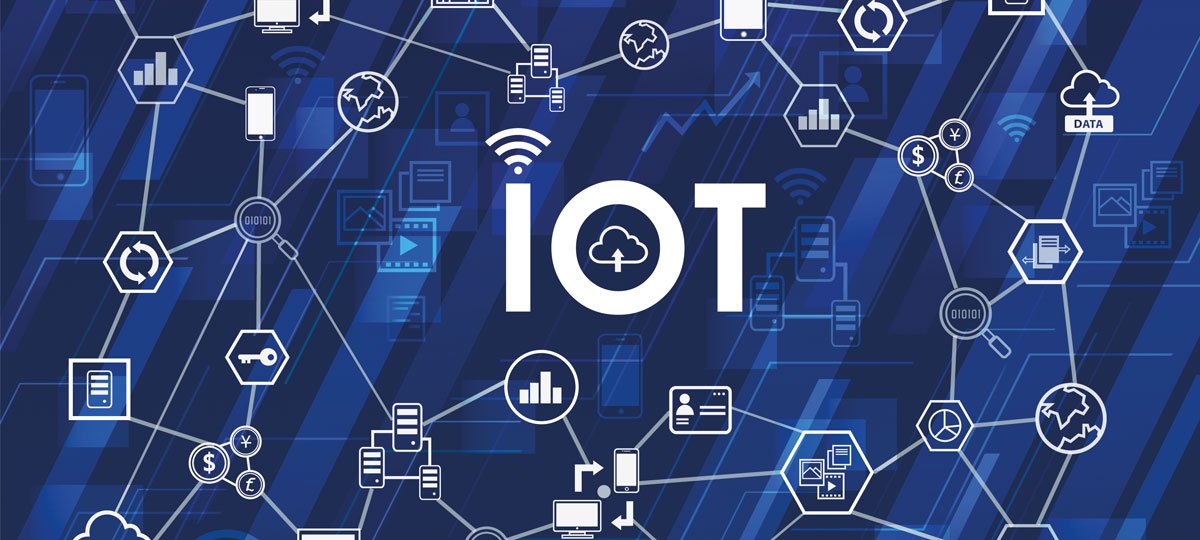

IT and business services
Compared with the previous year, the European market for IT and business services recorded significant growth in the second quarter of 2022. However, against the backdrop of increasing economic unrest, there were also signs of weakening market momentum. This is reported by the latest EMEA ISG Index based on the latest IT services industry figures. It is published by the Information Services Group (ISG).
Demand increases
The EMEA ISG Index tracks outsourced contracts with an Annual Contract Value (ACV) of at least $5 million (€4.9 million). According to it, the ACV of the overall market of managed services and cloud-based XaaS exceeded the quarterly value of $7 billion (€6.9 billion) for the third consecutive quarter at $7.6 billion (€7.5 billion). This represents an 18 percent increase over the same quarter last year. However, compared with the first quarter of this year, it represents a slight decrease of 0.5 percent.
In the second quarter, XaaS demand in EMEA exceeded $3.5 billion (€3.5 billion) for the fourth consecutive quarter, reaching $3.8 billion (€3.7 billion). This represents 27 percent growth over the same quarter last year, but also a 3 percent decline from the first quarter of this year. Within this market segment, Infrastructure as a Service (IaaS) grew 30 percent year-on-year to $2.8 billion (2.8 billion euros) and Software as a Service (SaaS) grew 19 percent to $962 million (947 million euros). By contrast, quarter-on-quarter, the decline was 3 percent and 4 percent respectively.
ACV in the managed services submarket continued its growth trend, reaching $3.9 billion (3.8 billion euros), up 10 percent on the same quarter last year and 3 percent on the previous quarter. For the fifth time in the past seven quarters, ACV here exceeded $3.5 billion (3.5 billion euros). Within this, IT outsourcing (ITO) was up 1 percent year-on-year to $2.9 billion (2.9 billion euros) and 4 percent higher than in the first quarter.
Demand for application development and maintenance (ADM) services was particularly strong, up 17 percent year-on-year and 29 percent from the first quarter of this year. Business process outsourcing (BPO) revenue grew 47 percent to $968 million (953 million euros) thanks to industry-specific services, but declined 1 percent quarter-on-quarter.
Things are also happening in the Internet of Things sector. Not only is the overall market for IoT services and solutions growing very strongly in Germany. In particular, the sub-segment of managed IoT services is currently recording annual growth rates in the double-digit percentage range. The reasons for this include the increasing shortage of skilled workers and the soaring threat of cyber attacks. This is reported in the new comparative study ISG Provider Lens Internet of Things - Services and Solutions Report Germany 2022.
Fuel the market
"When it comes to managed IoT services, we are currently seeing a clear change in mentality in German companies," says Heiko Henkes, Director and Principal Analyst at ISG. "Also because of the experience with cloud computing and similar technologies, managers are increasingly shedding their reluctance to outsource IT services."

“When it comes to managed IoT services, we are currently seeing a significant change in mentality in German companies.“
Heiko Henkes, Director and Principal Analyst, ISG
In addition, he said, companies are realizing that IoT is no longer just about individual projects, but about products and services that are relevant throughout the company and are also becoming increasingly complex. "Most corporate IT departments do not have the necessary human resources or expertise to deal with the challenges involved," Henkes added. Managed IoT service providers could and are currently filling these gaps.
In addition, geographically distributed IoT landscapes, sensors and edge devices, some with very different security standards, would make it difficult or impossible for corporate IT to operate and maintain them, the ISG study continues. Conversely, especially in long-term and enterprise-wide projects, managed IoT services would provide companies with greater financial leeway with which to invest in their IoT projects on a larger and more comprehensive scale.





